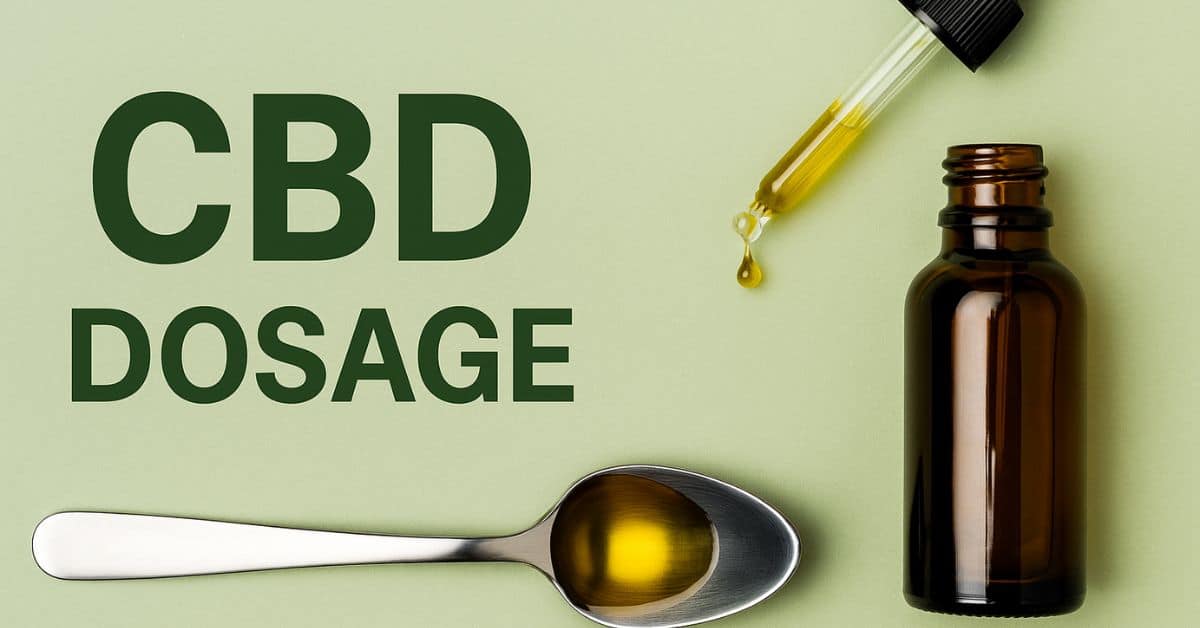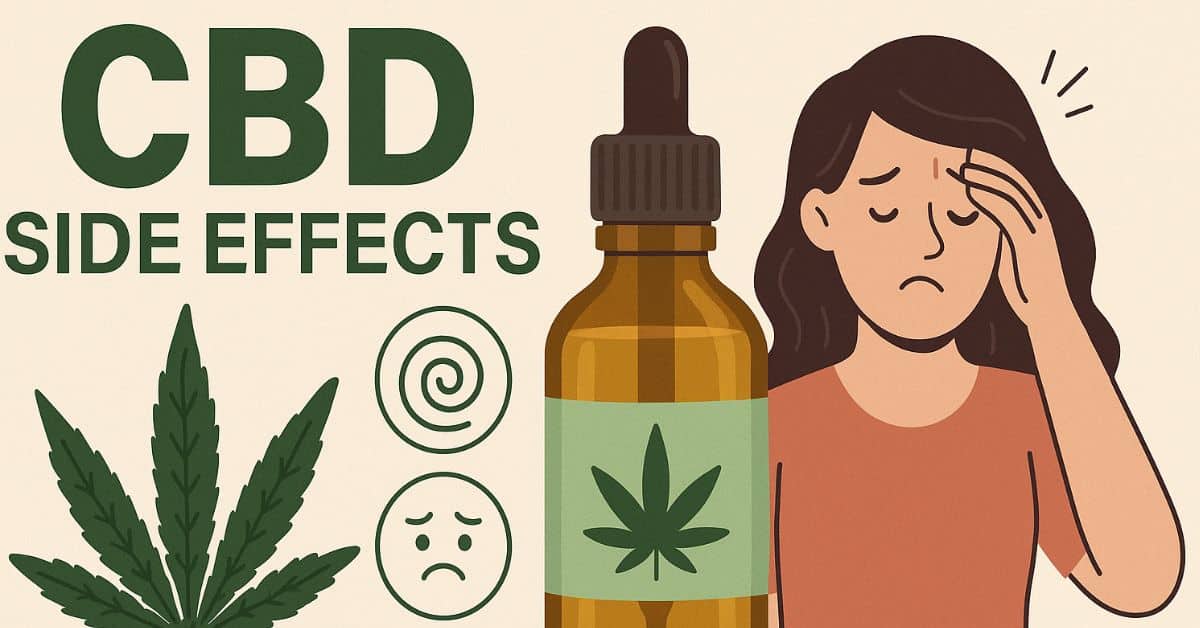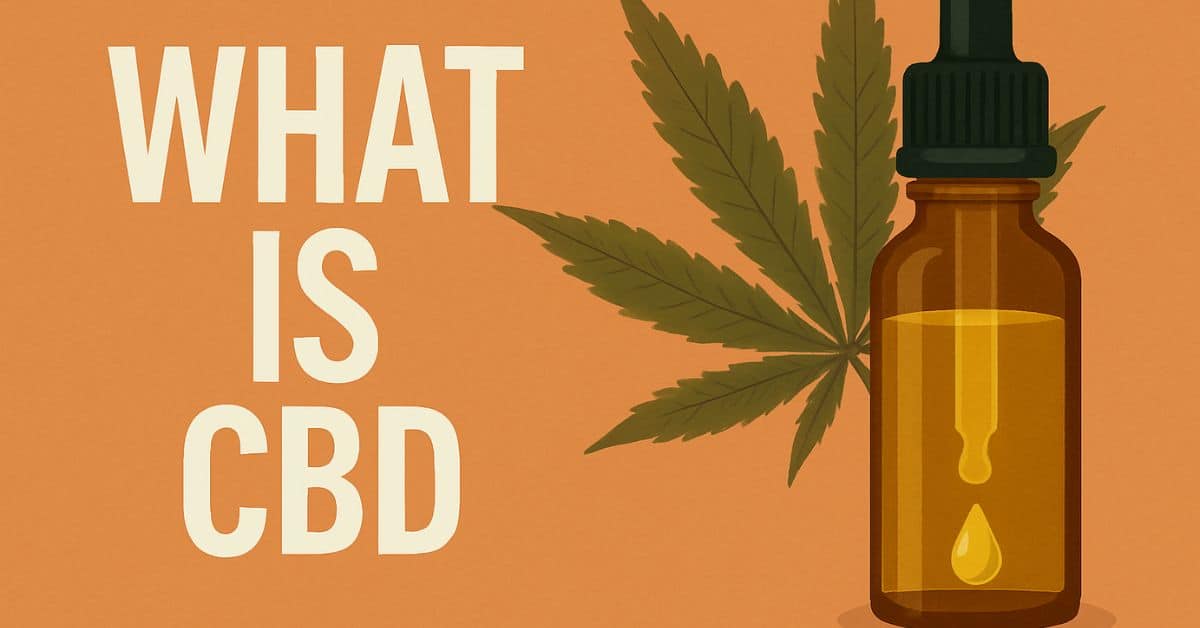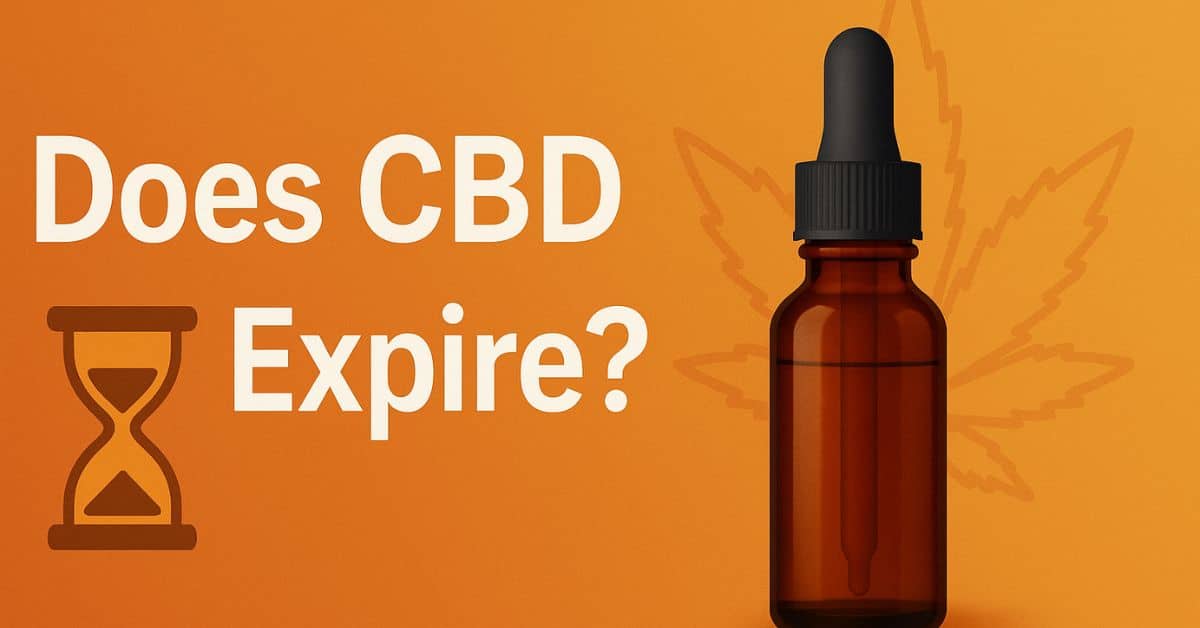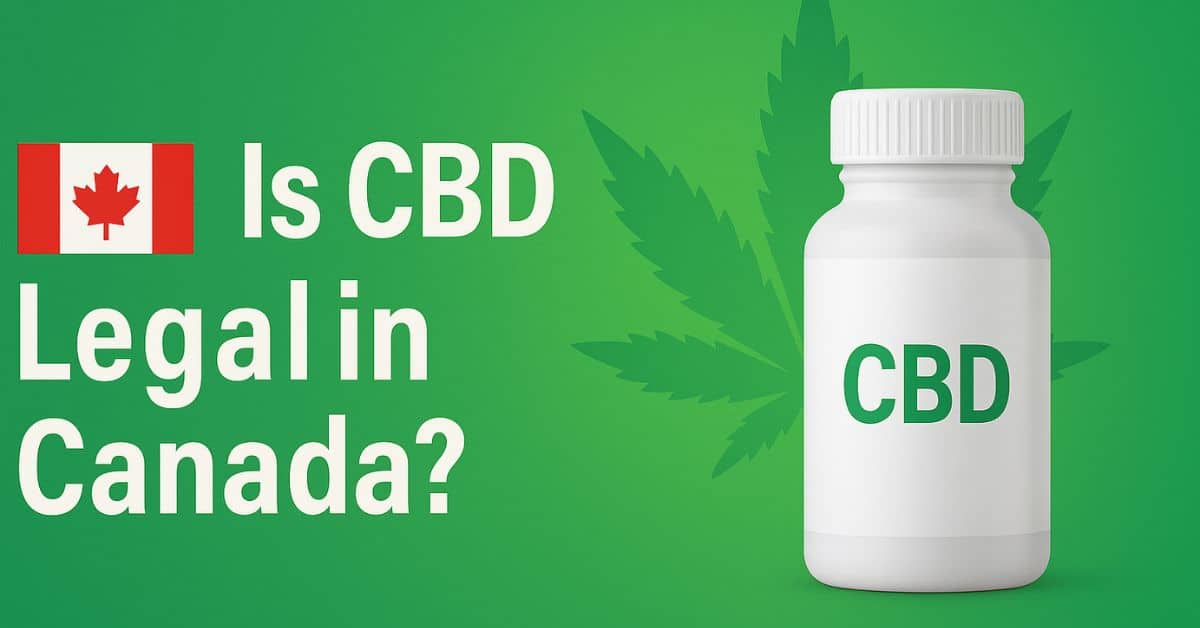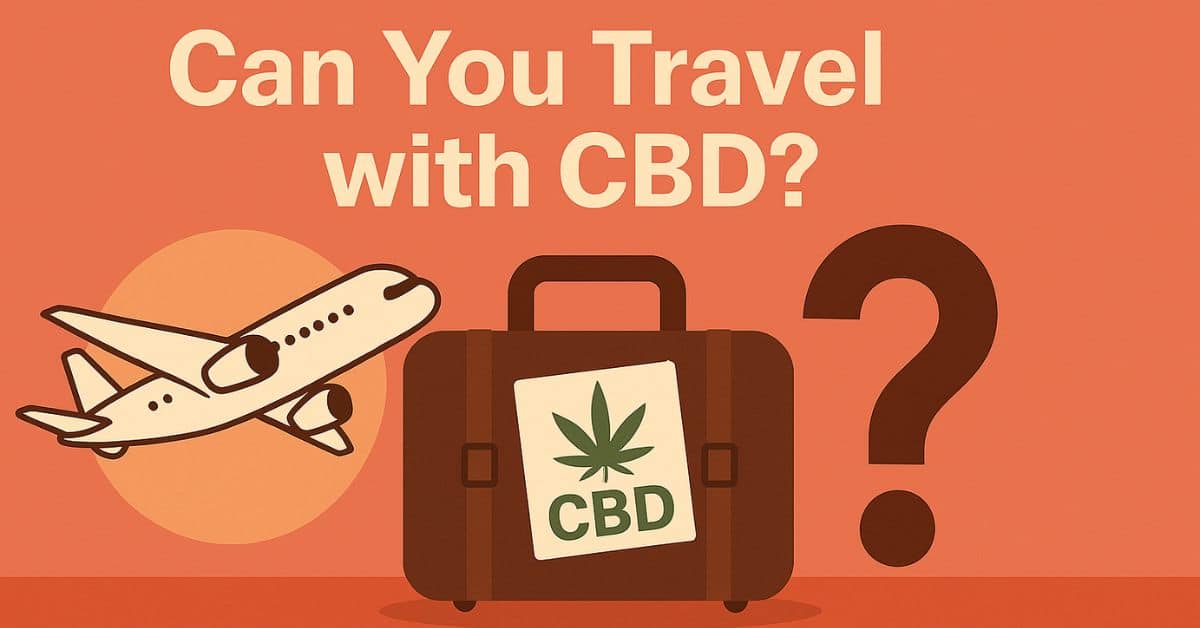Currently, there is no standardized dosage for CBD, which means users often need to experiment to discover their personal “sweet spot.” Early research shows that CBD interacts with the endocannabinoid system as well as serotonin and other receptor pathways, producing effects that vary depending on the dose, the individual, and the product used. This is why a careful, step-by-step dosing approach is so important.
CBD (cannabidiol) has become one of the most popular cannabinoids worldwide, praised for its potential to support stress relief, better sleep, pain management, and overall wellness.
Many people use CBD oils, gummies, capsules, and topicals as part of their daily routine. But as with any cannabinoid, the key to getting results without unwanted side effects is finding the right dose.
What Is CBD and Why Is Dosage Important?
CBD, or cannabidiol, is a naturally occurring cannabinoid found in hemp and cannabis plants. Unlike THC, it does not cause intoxication, and unlike CBN, it is not strongly sedative. Instead, CBD is best known for its balancing effect on the endocannabinoid system and its ability to influence processes related to mood, sleep, and inflammation.
Because CBD works differently in the body than other cannabinoids, dosage can make a big difference in how effective it feels. Too little CBD may not produce noticeable effects, while too much may cause drowsiness, digestive discomfort, or interact with medications.
Since there are no official dosing guidelines for CBD yet, the best way to find your ideal amount is to start small and adjust slowly over time.
How Much CBD Should You Take?
For most people, the best approach is to start small and increase gradually until you find your ideal dose. Since there are no official dosing guidelines, the right amount can vary widely depending on factors like body weight, metabolism, health goals, and product type.
A common starting point for general wellness is 5–10 mg of CBD per day, taken either once or split into two smaller servings. At this level, many users notice mild relaxation or stress relief without side effects.
If that amount doesn’t provide enough benefit, you can slowly increase to the 15–25 mg range, which is where many people report stronger effects for sleep, anxiety relief, and pain management.
Some products also offer higher doses, such as 30–50 mg per serving, which may be helpful for those with higher body weight, greater tolerance, or more persistent issues. However, higher amounts also increase the chance of drowsiness, digestive discomfort, or medication interactions.
Factors That Affect Your Ideal CBD Dose
The right CBD dosage isn’t the same for everyone. Several factors influence how your body responds and how much you may need to feel the desired effects.
Body Weight and Metabolism
Your weight and metabolism play a big role in how CBD works in your system. In general, people with higher body weight or faster metabolisms may require slightly more CBD to notice the same effects as someone lighter or with a slower metabolism.
Type of Product
The way you take CBD also affects how it feels:
- CBD oils and tinctures absorb quickly under the tongue and usually take effect within 15–30 minutes.
- CBD gummies and other edibles take longer (30–90 minutes) but provide longer-lasting effects.
- CBD capsules offer pre-measured, consistent doses that are easy to take daily.
- CBD topicals don’t enter the bloodstream but may provide targeted relief for sore muscles or joints.
Individual Tolerance and Sensitivity
Some people are naturally more sensitive to cannabinoids and may feel effects at very low doses, while others may need more to notice a difference. If you’ve used CBD or THC before, your previous experience can shape how your body responds.
Desired Goal
The reason you’re using CBD also affects dosage. For example, stress relief may require a smaller serving than chronic pain or sleep support, which often call for higher amounts.
How to Find Your Perfect CBD Dose
Since there are no official dosing guidelines for CBD, the best way to find your ideal amount is through careful experimentation and tracking how your body responds. A gradual approach helps you enjoy the benefits without taking more than you need.
Here’s a simple method to follow:
1. Start Low
Begin with a small serving of around 5–10 mg of CBD, once or twice daily. Oils and tinctures are the easiest for beginners because they allow flexible dosing.
2. Monitor Your Results
Pay attention to how you feel after taking CBD. Track your stress levels, sleep quality, focus, or physical comfort. A simple journal can help you see patterns over time.
3. Increase Slowly
If you don’t notice enough effect, raise your dose by small increments (about 5 mg at a time). Avoid making big jumps — increasing gradually helps you find your “sweet spot” without overshooting.
4. Find Your Range
Many people find their ideal CBD dose in the 15–25 mg daily range, though some may need up to 30–50 mg depending on factors like body weight, tolerance, and metabolism.
5. Adjust for Your Goals
If you’re using CBD for general wellness or stress, lower amounts may be enough. If you’re dealing with sleep issues or ongoing pain, a higher range may be more effective.
Can You Take Too Much CBD?
One of the most common questions people ask about CBD is whether you can take too much. The good news is that current research suggests CBD is generally safe and well-tolerated, even at relatively high doses. Unlike THC, it does not cause intoxication, and unlike many prescription medications, it has not been shown to create dependence.
Taking more CBD than your body needs can increase the chances of unwanted side effects, such as:
- Excessive drowsiness or fatigue
- Digestive issues, including diarrhea or stomach upset
- Dry mouth
- Lightheadedness or low blood pressure in sensitive users
- Interactions with prescription medications
What to Do If You Took Too Much CBD
CBD is generally well-tolerated, but taking more than your body needs can lead to mild, temporary side effects. While it won’t cause a “high” like THC, an excessive dose may leave you feeling overly tired or uncomfortable.
Common signs of taking too much CBD include:
- Drowsiness or excessive fatigue
- Feeling foggy or unfocused
- Lightheadedness or mild dizziness
- Dry mouth or thirst
- Upset stomach or diarrhea
What to do if you overdo it:
- Stay hydrated – Drink water throughout the day to help your body process CBD more efficiently.
- Rest if needed – If CBD makes you too drowsy, allow yourself time to relax until it wears off.
- Light activity – Taking a short walk or gentle movement may help reduce grogginess.
- Eat a light meal – Having food in your stomach can sometimes ease nausea or digestive discomfort.
- Lower your dose next time – Reduce your intake and consider switching to a product with a lower concentration per serving.
The effects of CBD should wear off within a few hours, and most people feel back to normal without needing medical attention.
Bottom Line
Finding the right CBD dose is all about balance. Since there are no official guidelines, most people do best by starting with a small amount (5–10 mg) and slowly adjusting until they discover the dose that delivers the best results.
For many, the 15–25 mg daily range is ideal for stress, sleep, and general wellness, while higher amounts (30–50 mg) may be useful in some cases but also carry a greater risk of side effects.
Because everyone’s metabolism, weight, tolerance, and sensitivity are different, there’s no single dose that works for everyone. The key is to experiment carefully, track your response, and adjust your intake based on your goals.

